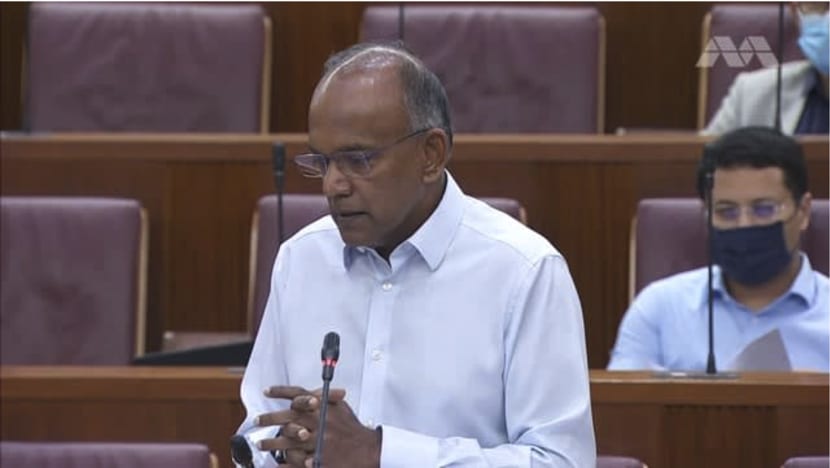Anthony Burke
30 Oct 2021
CANBERRA: In just days, the most consequential climate meeting in human history begins in Glasgow, Scotland.
The Earth has warmed by up to 1.3 degrees Celsius since 1880. Devastating fires, cyclones and weather are wreaking havoc around the world.
And current emissions trends put the world on a path toward 3 degrees Celsius of catastrophic heating by 2100, which would trigger tipping points such as the melting of the poles, the loss of the Amazon rainforest, and a drastic slowdown in the Atlantic ocean circulation.
Under the Paris Agreement, this year countries must submit new nationally determined commitments (NDCs) to reduce emissions consistent with holding global heating well below 2 degrees Celsius and as close to 1.5 degrees Celsius as possible.
Yet a recent United Nations assessment of existing NDCs estimates that they will only hold heating to 2.7 degrees Celsius – and then only if they are implemented. The UN’s recent Production Gap report, which finds that countries are planning to produce 190 per cent more fossil fuels by 2040 than is consistent with the 1.5 degrees Celsius guardrail, puts the sincerity of these commitments in doubt.


 Rapidly-greying Japan has one of the world's lowest birth rates (Photo: AFP/KAZUHIRO NOGI)
Rapidly-greying Japan has one of the world's lowest birth rates (Photo: AFP/KAZUHIRO NOGI)


